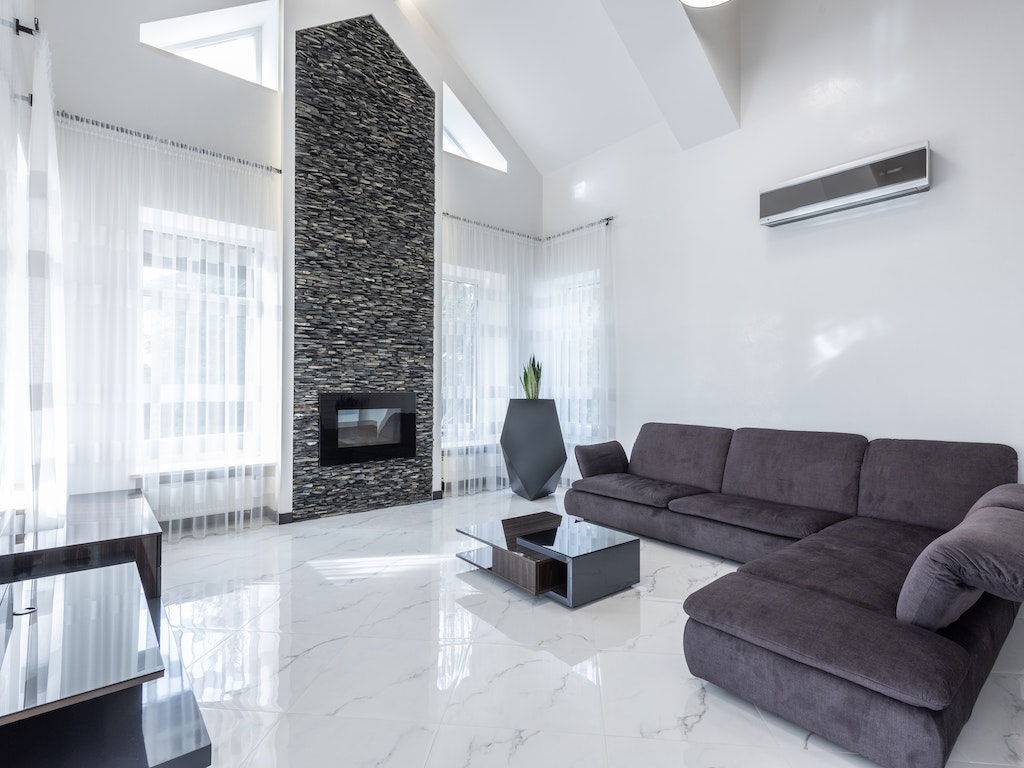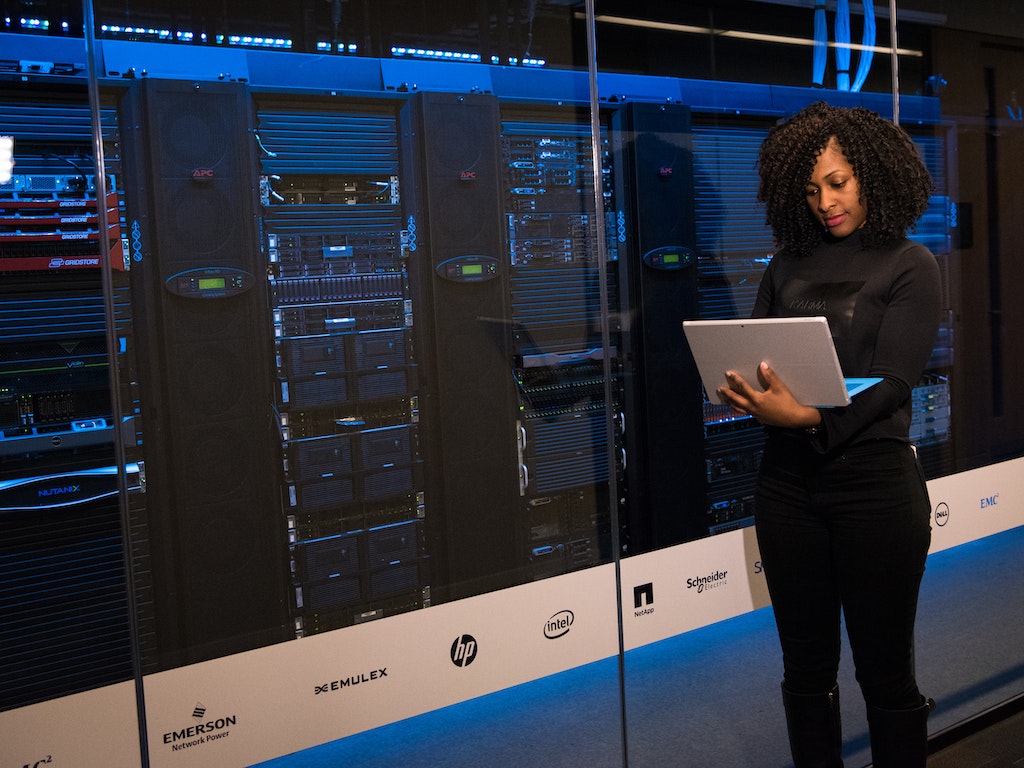
HVAC systems account for over 50% of household energy usage and can be expensive to replace. Maintaining your HVAC system reduces energy costs and avoids expensive repairs or replacements. Focusing on your heating and cooling usage is a good way to save money on your bill. Read on to learn more!
Schedule Professional Hvac Preventative Maintenance
Consider scheduling two seasonal HVAC maintenance sessions each year. One in spring for the air conditioning and one in fall for the heating. During these maintenance checkups, HVAC installation companies and technicians thoroughly service, inspect and troubleshoot the system. This will prevent breakdowns in the future.
The HVAC tech will:
-Check the thermostat calibration and settings
-Lubricate all moving parts
-Tighten electrical connections
-Inspect the condensate drain and clean
-Check the system controls
-Clean and adjust the blower components
-Check the refrigerant charge
-Check fuel line connections
-Clean the evaporator and condenser coils
-Inspect the gas pressure, burner combustion, and heat exchanger
Change the Filters
Changing your HVAC filter every thirty days helps maintain clean and efficient air in your home. It prevents the circulation of dust, hair, and other particles. This enhances indoor air quality while reducing energy consumption. Clean filters improve airflow and optimize your system’s heating and cooling efficiency. Choose filters with a MERV rating of 7-13 for optimal filtration and maximum airflow.
Eliminate Clutter Around the Indoor Hvac Unit
Ensure the area around your indoor HVAC unit remains clear. A clutter-free space minimizes dust accumulation that could enter the vent system. Additionally, it promotes proper air circulation, enhancing the system’s efficiency. Reducing clutter also mitigates fire and trip hazards while facilitating easier repairs and maintenance.
Keep the Outside Unit Clean and Clear
Clear away fallen leaves, twigs, grass clippings, and other debris during yard maintenance. Regularly clean the outdoor HVAC unit to prevent debris accumulation. Consider hosing the system down if dirt builds up. Ensure that nearby plants are trimmed back from all sides of the unit to promote optimal airflow.
Maintain the Carbon Monoxide Detector
Carbon monoxide detectors are important home safety devices using combustion-based heating systems like natural gas or fuel oil. They can be life-saving in case of exhaust leaks, ventilation issues, gas flow problems, or malfunctions. Typically, these detectors have an operational lifespan of around seven years. Test your carbon monoxide detector every month to check its functionality and replace it if needed.







